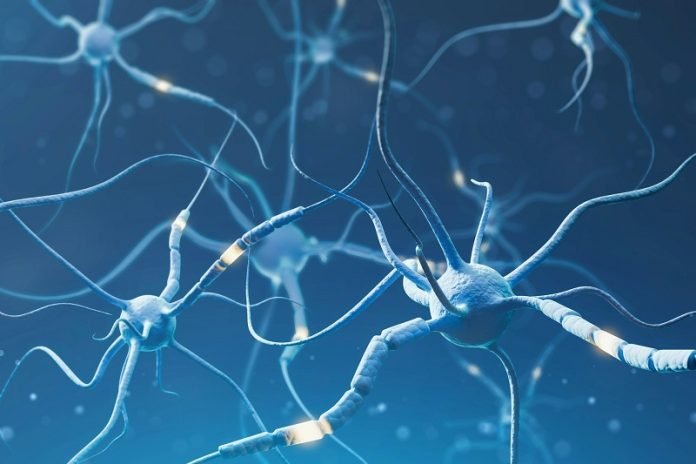
Scientists at the University of Copenhagen have made a groundbreaking discovery in the fight against Parkinson’s Disease (PD), which affects between seven to ten million people globally.
Parkinson’s is the second most common neurodegenerative disorder among the elderly and the leading cause of movement disorders. However, its exact cause has largely remained a mystery.
The recent discovery focuses on the mitochondria, often described as the powerhouse of the cell. In simple terms, mitochondria in our cells are like tiny factories that produce energy.
Just as people eat and then get rid of waste, cells also take in nutrients and expel waste. However, a specific type of blockage in brain cells can prevent this clean-up process in the mitochondria.
According to the researchers, this blockage leads to an accumulation of damaged mitochondria. As a result, the cells can’t produce enough energy, leading to the gradual death of neurons.
This process is at the heart of Parkinson’s Disease development, contributing to its symptoms and its progression to dementia.
Interestingly, this blockage is linked to a malfunction in immune genes. These genes are crucial for fighting viruses but, as the study reveals, they also play a key role in regulating the energy supply of nerve cells.
The pathways involved are vital for brain functions and also play a role in recognizing and combating viruses, such as COVID-19. In fact, a mutation in a related gene has been associated with severe COVID-19 outcomes.
In their study, the team analyzed data from neurons in brains affected by Parkinson’s Disease, focusing on the genes they express. They identified disturbed gene patterns in Parkinson’s patients, particularly those who also developed dementia.
They observed that the build-up of damaged mitochondria led to an increase in other toxic proteins.
Comparatively, when examining neurons of healthy individuals of the same age who didn’t have Parkinson’s, they noticed a protein called PIAS2 was highly expressed. This finding suggests a possible pathway that could be significant in other forms of familial Parkinson’s Disease.
The researchers are hopeful that their discovery will open new avenues for research. Specifically, they aim to counteract this pathway blockage, potentially offering significant benefits in treating the disease and preventing its progression to dementia.
This pivotal study, led by Professor Shohreh Issazadeh-Navikas and her team, was published in the journal Molecular Psychiatry. Their work represents a significant step forward in understanding Parkinson’s and could pave the way for new treatment strategies.
If you care about Parkinson’s, please read studies about Vitamin E that may help prevent Parkinson’s disease, and Vitamin D could benefit people with Parkinson’s disease.
For more information about brain health, please see recent studies about new way to treat Parkinson’s disease, and results showing COVID-19 may be linked to Parkinson’s disease.
Copyright © 2024 Knowridge Science Report. All rights reserved.



